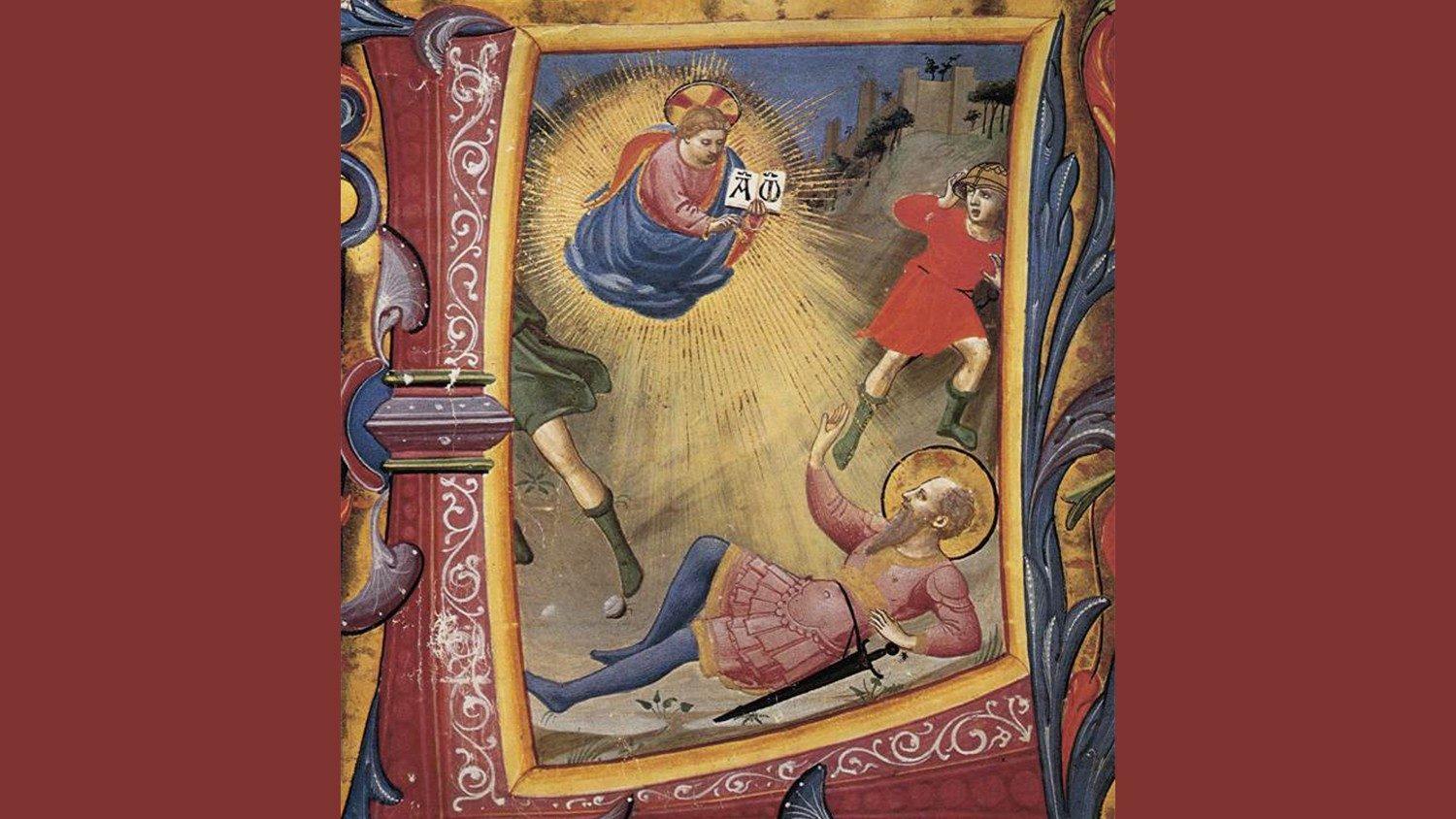The call to prayer involves our whole being. The moral aspects of our lives are not removed from our life of prayer. We can’t pray in one world while trying to live in a completely different one.
Since our response and perseverance to prayer relies on the grace of God, we need to seek to live virtuous and holy lives to the best of our ability. If we refuse mercy to others, neglect the poor and sick, gossip and lie, misuse our sexual powers, and wallow in greed, we will not be able to remain in a life of prayer. The desire to pray will be choked out of us by our selfishness and the darkness of our decisions.
The Catechism of the Catholic Church teaches that we need a “conversion of heart” if we are going to live and remain in a life of prayer: “From the Sermon on the Mount onwards, Jesus insists on conversion of heart: reconciliation with one’s brother before presenting an offering on the altar, love of enemies, and prayer for persecutors, prayer to the Father in secret, not heaping up empty phrases, prayerful forgiveness from the depths of the heart, purity of heart, and seeking the Kingdom before all else. This filial conversion is entirely directed to the Father.”
While seeking a conversion of heart, our efforts to pray are nourished by grace and we receive an abundance of faith. It’s in faith that the heart feels most comfortable in prayer. When we nurture faith, our hearts are inclined and pines for prayer and fellowship with God. If our faith has waned due to self-centeredness and a rejection of moral truth, however, then our hearts will not feel comfortable in prayer and rebel against any efforts we make to pray. Our hearts will follow where our actions have led it.
The Catechism explains: “Once committed to conversion, the heart learns to pray in faith.”
But what exactly is the gift of faith? It’s easy to throw out words and make assertions about the power of faith, but how do we know when we have faith or not?
In responding to this question, the Catechism has already framed its answer by introducing the conversion of heart. We cannot fully grasp the depth of faith unless we’ve first allowed ourselves to experience a conversion of heart, however minimal it might be at first. And so, in the context of a conversion of heart, the Catechism provides us with a definition of faith: “Faith is a filial adherence to God beyond what we feel and understand.”
The “adherence” portion of faith requires the conversion of heart since it is a “filial” adherence. We cannot separate the filial aspect from adherence. Our adherence must be filial. God desires a loving adherence of an adopted son or daughter, not a servile adherence of a slave or self-made outsider. The obedience we give is an obedience of faith. It is the obedience of a son or daughter, who wants to love God above all things and who wants to faithfully follow his way of selfless love.
Our filial adherence is only possible because of the Lord Jesus. He paves the way and gives us the grace to trust and follow where he leads us. The Catechism explains: “It is possible because the beloved Son gives us access to the Father. He can ask us to ‘seek’ and to ‘knock,’ since he himself is the door and the way.”
We cannot give an adherence on our own terms or with our own conditions. If we attempt to adhere to the Lord with only our fallen nature, we will not measure up. Something will be lacking. We will focus only on ourselves and what is best for us.
The Lord’s guidance and grace strengthens us to live beyond ourselves. In him, we are able to give a filial adherence out of a complete and total love for God and a trust in his divine providence. As the Lord leads, we are able to follow. Without the Lord, we cannot give what we are called to give. In Christ, we are able to see and give an unconditional act of trust and live full in that trustingly love of God.















